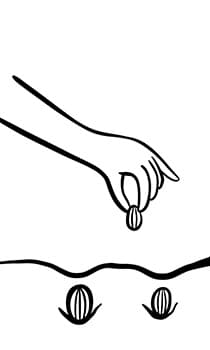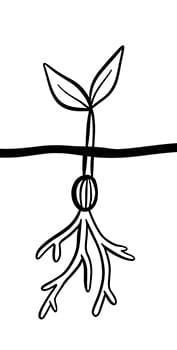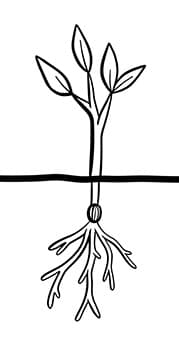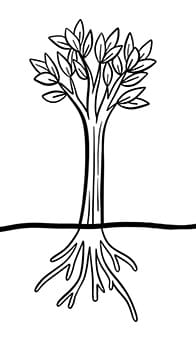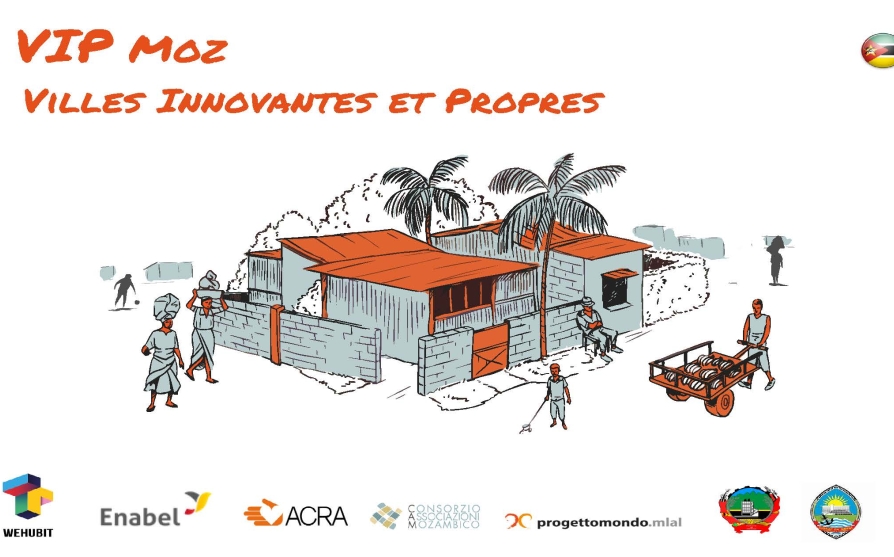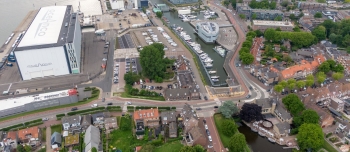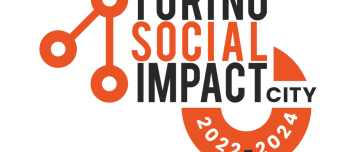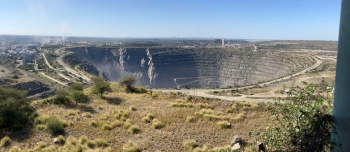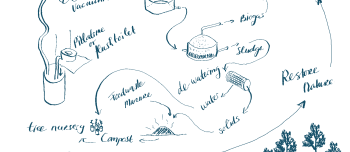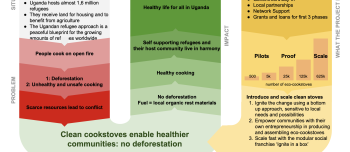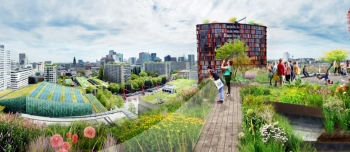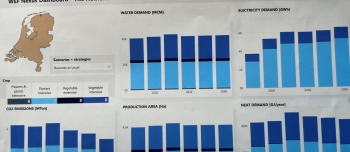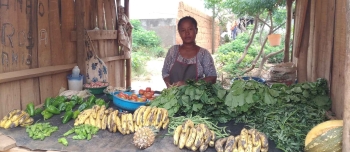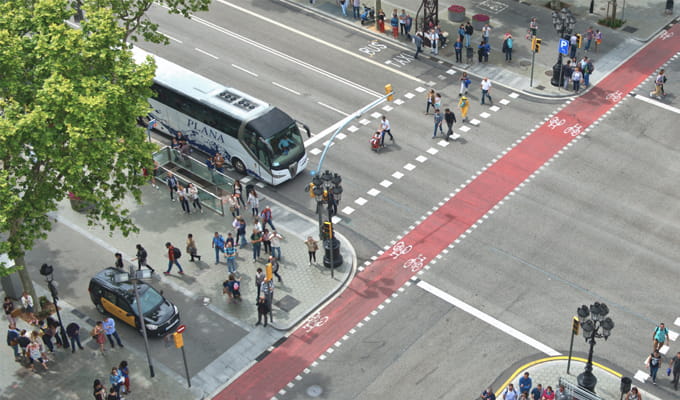Why was this project started?
The VIP-MOZ project was initiated in response to the critical challenges Mozambique faced in urban solid waste management (USWM). With rapid population growth and urban expansion, municipalities struggled to provide effective waste collection services, particularly in disadvantaged and remote areas. Urban centers were favored over poorer outlying neighborhoods, leading to increased inequalities. The existing management system lacked the necessary resources and tools to assess and address waste collection issues adequately, which worsened the environmental and health conditions in many regions.
Poorly managed waste disposal contributed to the vulnerability of already marginalized populations by exacerbating health risks and environmental degradation. This issue underscored the need for functional improvements in USWM, including coverage rates, worker productivity, ecological efficiency, financing, and better organization of services.
In 2012, Mozambique adopted a national strategy for USWM, envisioning improvements by 2024. The VIP-MOZ project aligned with this strategy by addressing key challenges through digital innovation. It sought to increase the waste collection rate by introducing the MOPA platform, a digital tool enabling citizens to report waste management problems directly to municipalities. This participatory approach was designed to enhance communication between citizens and local governments, optimize resource allocation, and improve service delivery.
The project recognized the importance of empowering citizens to actively contribute to cleaner urban environments, while also equipping municipalities with the necessary digital tools to plan and manage waste collection more efficiently
The results of the project so far
The VIP-MOZ project achieved several notable results that aligned with its objectives of improving urban solid waste management (USWM) in Mozambique.
Quantitatively, the project successfully increased solid waste collection by 20% in disadvantaged and hard-to-reach areas in the cities of Nampula and Beira. This was primarily enabled through the implementation of the MOPA platform, which allowed citizens to report waste management issues directly via text or online. The system facilitated more responsive municipal services and contributed to an overall improvement in waste collection.
Qualitatively, the project significantly enhanced citizen engagement and participation in USWM. Over 120 neighborhood representatives and 50 municipal technicians (50% women) were trained to use and disseminate the MOPA system. This digital tool empowered citizens, enabling them to take an active role in reporting issues and contributing to the cleanliness and resilience of their communities. The platform also provided real-time feedback to citizens, fostering a sense of ownership and responsibility for their environment.
MOPA reduced monitoring costs by lowering the need for human resources and transport while improving the planning and allocation of municipal services based on citizen-reported data. It also improved transparency and accountability by enabling municipalities to track and resolve waste-related issues more efficiently.
In terms of policy and systemic improvements, MOPA helped generate important data for municipalities, allowing for better analysis and advocacy for increased funding in the waste management sector. These results were in direct alignment with the project's objectives of creating a more inclusive, efficient, and participatory USWM system.
What are specific, distinctive, strong elements in this project?
The VIP-MOZ project has several distinctive and strong elements that set it apart:
Citizen Participation through Digital Tools: The MOPA platform enabled citizens to directly report waste management issues, creating a participatory system where they could actively contribute to improving urban services. This digital social innovation empowered individuals and enhanced the responsiveness of municipal services.
USSD Accessibility: The use of USSD technology, which works on basic mobile phones without internet, ensured that even citizens in disadvantaged or remote areas with limited resources could report issues. This inclusiveness was crucial for increasing engagement across diverse socio-economic groups.
Real-Time Communication and Feedback: MOPA provided real-time notifications to both citizens and municipal authorities. Once a waste problem was reported, it was instantly classified and sent to the appropriate department, and citizens were updated once the issue was resolved, fostering transparency and accountability.
Cost Efficiency: The project reduced the cost of monitoring waste management by cutting down the need for extensive human resources and transport. The platform allowed for precise identification of problems, optimizing municipal resource allocation and response times.
Data-Driven Policy and Advocacy: MOPA generated periodic reports based on aggregated data, allowing municipalities to better understand weaknesses in their waste management systems. This objective, verifiable data supported advocacy for additional resources and improved planning.
Cross-Sectoral Potential: The project’s success demonstrated the potential for extending the MOPA platform to other municipal services, such as water management or road repairs, promoting integrated and sustainable urban management
Which specific lessons, do's and don'ts would you like to share? What would be suggestions for others when preparing or implementing the project in their own city?
The VIP-MOZ project offers several key lessons, challenges, and insights for urban professionals involved in solid waste management or similar initiatives:
Lessons:
Digital Tools Empower Citizens: MOPA demonstrated how digital platforms can engage citizens in urban management. Encouraging public participation creates a sense of ownership and responsibility, making waste management more effective.
Inclusion is Crucial: Using USSD technology allowed the project to reach citizens across various socio-economic levels, ensuring that even those with basic mobile phones could participate. Accessible tools foster broader engagement.
Data-Driven Decision Making: Regular, objective, and verifiable data gathered through MOPA improved municipal planning and advocacy for resources. Using data systematically enhances transparency and boosts the ability to secure more funding.
Challenges:
Anonymity and User Profiling: While the platform was inclusive, its anonymous reporting system made it difficult to understand the specific profiles of users, limiting insights into which groups were most active.
Dependence on Municipal Capacity: MOPA's success relied on the municipality’s ability to manage reports and resources effectively. Without adequate municipal capacity in terms of human and material resources, digital tools alone cannot solve waste management issues.
Sustainability After Awareness Campaigns: Participation was highest right after awareness campaigns but dropped if reported problems weren’t quickly addressed. Continuous engagement requires responsive municipal services.
Do's:
Start Small and Scale Up: Begin with focused awareness campaigns in limited areas to manage the initial surge of reports effectively. Gradually expand to other districts.
Train Technicians Early: Before launching citizen campaigns, ensure that municipal technicians are well-trained in managing the digital tool and resolving reported issues quickly.
Utilize Real-Time Data: Leverage the data collected to advocate for policy changes and more resources in the waste management sector.
Don’ts:
Don’t Rely Solely on Technology: Digital tools are powerful, but they cannot replace fundamental management systems. Ensure municipalities have the capacity to respond.
Avoid Broad Campaigns Without Capacity: Large-scale awareness campaigns should only be undertaken if the municipality has the capacity to respond promptly; otherwise, citizen trust may erode.
Have others adopted, or shown interest in adopting, your idea in their own area?
Yes, the VIP-MOZ project has garnered interest from other urban areas and actors in Mozambique. The MOPA platform, which was central to the project, has already been adopted by other stakeholders in urban solid waste management in Maputo, Mozambique's capital. This demonstrates the platform’s adaptability and appeal beyond the initial target cities of Nampula and Beira.
Moreover, the project’s success sparked discussions among municipalities, public services, private sector entities, and universities in Mozambique. These stakeholders recognized the potential of digital tools like MOPA to enhance urban management across various sectors. As a result, there have been recommendations to extend the platform beyond solid waste management to other municipal services, such as water, land management, and road maintenance.
Several multi-stakeholder meetings were organized during the project, which fostered collaboration between various actors in the urban management sector. These meetings helped generate a shared interest in the continued use and expansion of MOPA’s innovations. Participants saw the value in utilizing reliable, real-time data to inform better decision-making and planning processes across departments.
